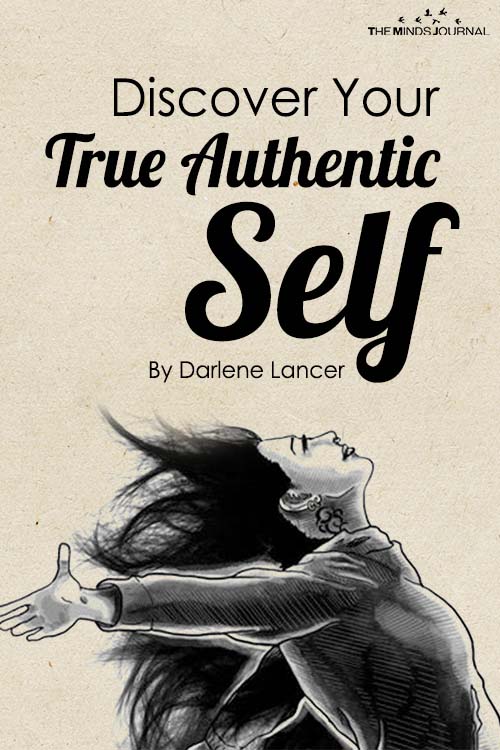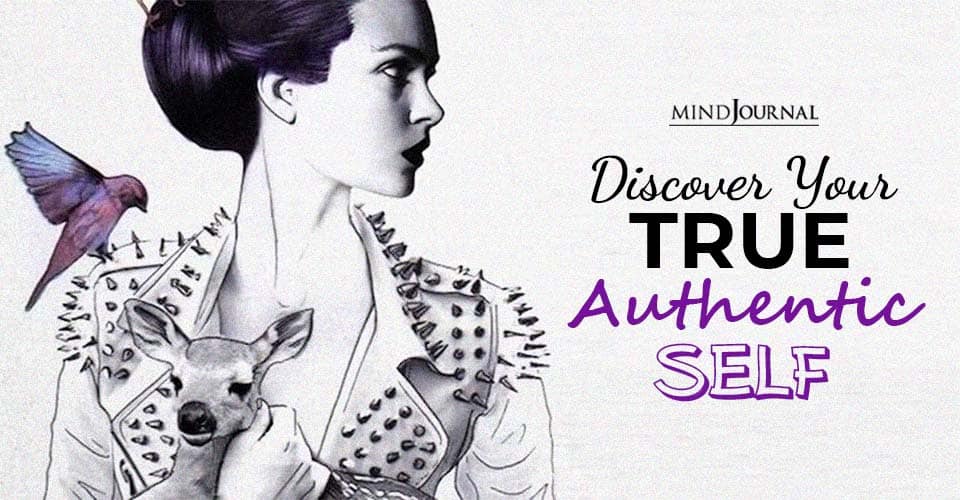Codependents often wonder what is normal. They feel insecure and wonder how others perceive them. Many tell me they don’t really know themselves. They’ve become people-pleasers, editing what they say and adapting their behavior to the feelings and needs of others. Discover your true authentic self, finding our self is the most important thing.
Some sacrifice themselves―their values, needs, wants, and feelings―to someone they care about. For other codependents, their behavior revolves around their addiction, whether it’s to a drug, a process, such as sex or gambling, or to pursuing prestige or power in order to feel secure.
Eventually, their achievements feel meaningless. Both types of codependents suffer from self-alienation―an alienation from their true self. They’re disconnected from their true, authentic self. This is the emptiness we feel when a relationship ends, success is achieved, or during withdrawal from an addiction.
Hence, codependency is called a disease of a “lost self.”
Denial of Codependency and the True Authentic Self
Ideally, our true authentic self emerges in the normal course of becoming an individual, called “individuation,” so that we’re able to distinguish our own feelings, thoughts, needs, wants, perceptions, and actions, as separate from our family and others.
A dysfunctional family disrupts individuation to varying degrees. Because codependency is transgenerational, in childhood a “false” codependent self is formed. See Conquering Shame and Codependency for how and why this happens.
Most codependents are in denial of this situation because for so long they’ve organized their thinking and behavior around something or someone external to themselves.
Some codependents can’t identify their values or opinions. They’re suggestible and can be easily persuaded to do things they later regret. In a conflict, they can’t hold onto their views once they’re challenged.
This makes relationships a minefield, especially with a partner who uses projection as a defense and blames or accuses them of his or her own faults or behavior. You may suspect that you’re being abused, but when you’re blamed, you become confused and doubt your own perceptions. You might end up apologizing for inciting an abuser’s rage.
Read 11 Promises You Should Make to Yourself and Keep
In recovery, we must rediscover who we are. What should have been a natural, unconscious, developmental process, now as an adult requires a conscious inward reorientation? The effort is necessary because the tendency is to go into denial and externalize our self. Denial exists on several levels, from total repression to minimization.
Feelings
Many codependents are highly attuned to others’ feelings but are in denial of their own. They may know that they’re “upset,” but are unable to name what they feel. They may name a feeling, but rationalize or minimize it, or the feeling is known only intellectually and not embodied.
Often this is due to unconscious, internalized shame from childhood. In relationships, codependents feel responsible for other people’s feelings. Their focus is on their partner, and they often empathize more with their partner than with themselves.

Needs
They also deny their needs, particularly emotional needs. In relationships, they sacrifice their needs to accommodate others. They may go without intimacy, respect, affection, or appreciation for months or years, not even realizing what they’re missing.
Usually, it’s not a conscious choice because they don’t realize what their needs are or believe that they matter. They also deny their needs when they’re single. They may take care of themselves physically and appear to be the paragon of beauty or physical prowess, but neglect relational and emotional needs.
Wants
The hardest challenge for many codependents is identifying what they want.
They’re so used to making others happy and fulfilling their needs and wants, including those of their own children, that they have no idea what they want.
They may continue in a job or other routine behaviour, but never ask themselves what more they want out of life. If they do, they make excuses and quickly feel it’s futile to make any change.
Read How To Be Your True Authentic Self in 5 Simple Steps
What You Can Do
Codependency for Dummies goes into depth with numerous self-awareness exercises to help you get to know yourself. Some things you can start doing to discover your true authentic self:
- Start to journal about your feelings, wants and needs.
- Ask yourself throughout the day, “What am I feeling?” Name it. (See the list on Table 9-2.)
- Tune in to your body. Identify sensations and inner feelings.
- When you’re down or uncomfortable, ask yourself what you need (See the list on Table 9-3.), and fulfill your need.
- Compare a list of what you want to do and what you have to do.
- What stops you from doing what you want? Start doing what you want.
- Be authentic in your communication.
- Learn to be assertive.
It’s easy to slip into old habits and it may be hard to motivate yourself to follow these recommendations. Additionally, recovery can be accompanied by anxiety and depression. Some people unwittingly shift addictions or obsessions to stave this off. These are the reasons why it’s so important to have a good support system, including 12-Step meetings and therapy.
©Darlene Lancer 2018
Written by Darlene Lancer JD, MFT










Leave a Reply